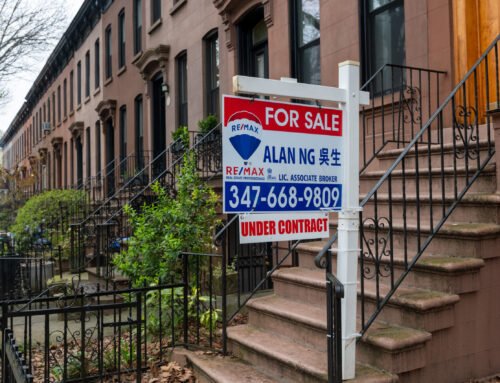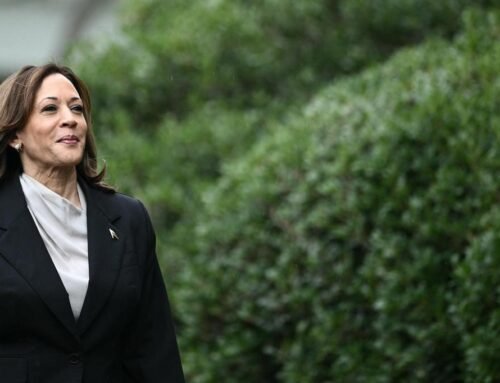For 30 years, Boulder has attempted to carefully craft and schedule improvements to its transportation network. That tradition continued Tuesday with city council approval of Transportation Master Plan updates.
Council’s green-light for the city-staff drafted document coincided with the 30th anniversary of Boulder’s adoption of its first-ever overarching transportation guidance plan.
The plan has undergone multiple updates since then, with the most notable in Tuesday’s being a set of recommendations that include a step away from reliance on the Regional Transportation District for mass transit services, and creating new funding mechanisms to contribute to the city staff-anticipated $200 million needed annually to achieve its full vision for transportation upgrades by 2030.
A recommendation the plan is not specific on, though, and one for which a number of speakers during a public hearing requested clarity, was quickly moving from a 25 mph speed limit on residential streets to 20 mph.
Boulder’s Transportation Advisory Board earlier this month unanimously recommended passage of the update, with an amendment to request evaluation of the lower residential speed limit.
“We understand lowering speeds to 20 mph is not a cure-all, but lowering speed limits should be considered a foundational piece of the Vision Zero effort” that sets as a goal no fatal or serious injury crashes in the city, Community Cycles Executive Director Sue Prant said.
Michael Tompkins, whose daughter was not seriously injured when she was hit by a car in a south Boulder crosswalk while riding her bike to school this month also argued for a 20 mph speed limit in residential zones, and stated 15 mph in school zones may be helpful as well.
Council committed to starting a public process to set in motion an official initiative to lower residential speed limits to 20 mph.
The main goals of the Transportation Master Plan are centered around enhancing safety for pedestrians and reducing vehicle-related greenhouse gas emissions contributing to climate change, but it will take a lot of money to get there.
Boulder officials acknowledge the $200 million yearly investment in transportation improvements is a pipe dream. But they hope to leverage local money as much as possible through state and federal grant funding, in combination with potential new funding tools, to get as close as possible to completing the 1,200 capital improvement projects Senior Transportation Planner Chris Hagelin said were identified in the update.
The new fundraising methods Boulder staff suggests exploring include a transportation utility fee and countywide transportation tax as near-term strategies; a city vehicle registration fee, a “congestion-pricing” fee on vehicles that enter especially high-traffic areas and dynamic pricing for curbside uses such as on-street parking and passenger loading as mid-term strategies; and a state or federal “vehicle miles traveled” tax as a long-term solution.
Sparking a transition in how the city’s workforce — more than half of whom, about 64,000 employees, commute daily from outside Boulder, with 77% of them in single-occupancy vehicles —gets to Boulder is a major objective.
“Non-resident employees are traveling farther and employees living in the rapidly growing areas east and north of Boulder County are outside the RTD district,” the plan states. “Given the distance and lack of transit, about 80% of these employees drive alone to work, a percentage essentially unchanged since 1991. Parking is also free in most employment areas, making it easy for employees to make the choice to drive.”
Hagelin said, “Regionally, we know that RTD cannot provide the level of service we need.”
About 30% of trips between Boulder and Longmont on the Diagonal Highway are originating in Larimer and Weld counties. Bus rapid transit service along the corridor is already being studied by RTD and local officials.
“Trying to come to some agreement with RTD where they don’t stand in the way of our ambitions and we work out this agreement where we get to work out more of our local transit while being held harmless for the extra effort we want to put into it, I think is going to be really key,” Mayor Suzanne Jones said. “And if they want to reimagine RTD, we should help them do it.”
Hagelin said RTD has been unwilling to work with Boulder on providing the entire city or its workforce Eco-Passes, which allow free use of the transit provider’s services. Between University of Colorado students, Boulder residents in neighborhood districts with a small tax that pays for resident Eco-Passes and other residents, 82,000 Eco-Passes have been procured throughout the city.
Analyzing a hike in parking fees also is a recommendation of the plan as well as Councilwoman Lisa Morzel, who was absent Tuesday.
“Parking should pay its true cost. … Cars are expensive,” Morzel said in an email, adding she believes it would be helpful to start an education program on the costs of parking spaces, which she said range from $3,000 to $5,000 per surface space, and $30,000 per space at minimum for underground parking.
City plans highlight a Parking Cash Out program as a way to limit driving by getting city workforce members to agree to not drive through discouraging parking.
“Commuters can choose to keep an employer-subsidized parking spot at their employment site or accept the approximate cash equivalent of the cost of parking within that facility or system and use an alternative transportation option,” the Access Management and Parking Strategy states. “Essentially, parking cash out programs pay employees to not drive alone to and park at work.”
It lauds SolidFire’s Boulder office for its strong participation in the Parking Cash Out initiative, claiming 86 of its employees, 33% of its workforce, are using it, amounting to an estimated $17,000 in monthly net savings.
“This program is simple to use and a great way to incentivize employees to use alternate modes of transportation, especially since there are not enough parking spaces in downtown Boulder,” SolidFire Global Total Compensation and Services Manager Mia Sanchez-O’Dell told city staff.






Leave A Comment